Frequently Asked Questions
Your Vision Our Mission
All You Need to Know About Trademark and Patent
Trademark and patent issues are of critical importance in protecting intellectual property rights. While trademark registration secures the identity and reputation of businesses, patents provide legal protection for innovative products and processes. These processes are implemented to provide competitive advantage and prevent third parties from using the same or similar ideas without permission. The ability to file trademark and patent applications in a proper and effective manner is of great importance for the sustainable success of businesses. Receiving professional support on issues such as registration procedures, protection periods and licensing at national and international levels will be beneficial for the smooth progress of the process.
A trademark is the name given to a recognizable and distinguishable identity, name, and image of a product, service, or company. The trademark is associated with a symbol, logo, name, or other identifying feature that helps communicate the quality, origin, and value of the product or service to customers. Trademarks often help customers choose, trust, and remember products and services. A good brand can build customer loyalty and increase a company's competitive advantage.
Why is trademark registration important in brief? Trademark registration is the process that legally protects a brand and grants specific rights to its owner. Here are some concise answers to why trademark registration is important: Legal Protection: Trademark registration ensures the legal recognition of your brand and prevents others from using it without permission, safeguarding the use and reputation of your brand. Distinctiveness: Trademark registration sets your brand apart from similar ones, providing customers with a unique and reliable image. Commercial Value: A registered trademark can increase its commercial value, becoming an asset that can be licensed or sold. Prevention of Unfair Competition: Trademark registration prevents rival companies from engaging in unfair competition by using similar or identical marks. Brand Reputation: A registered trademark can build trust and reputation among your customers, as they feel more secure knowing your brand is protected. International Opportunities: Trademark registration offers opportunities to use and protect your brand in international markets. Legal Basis: As a registered trademark owner, you have a legal basis to protect your brand and can take legal action when necessary. In conclusion, trademark registration safeguards, enhances the value of your brand, and strengthens your position in business. Therefore, trademark registration is essential for business owners.
Industrial design is the design process that improves the physical appearance, functionality and user experience of products. This design aims to optimize the aesthetic properties, shape and usability of a product. Industrial design benefits both manufacturers and users by making products more attractive, useful and ergonomic. It is widely used in various industries, especially in the industrial design of products, furniture, electronic devices, automobiles and household goods.
A geographical indication is a type of trade mark used to indicate the uniqueness and identity of a product in terms of its quality, uniformity or other characteristics associated with a particular geographical region or origin. This mark identifies the source and quality of products produced or processed in a specific geographical area. Geographical indications are used to both protect the special qualities of the product for the consumer and to ensure that these products are identified with a certain geographical region.
Barcode registration is the process of legally recording and protecting the barcode number used to identify and track a product or group of products. Barcodes are often used in business applications such as pricing products, inventory management, supply chain tracking and sales transactions. Barcode registration aims to legally own a product's unique identifying code and prevent unauthorized use by others.
A patent is a legal document that provides legal protection for a new and useful invention. A patent gives the creator of the invention the right to commercially exploit that invention for a certain period of time and for others to produce, sell or use it without permission. Patents are granted to encourage the discovery and development of new and unique products or process methods. In this way, inventors can protect their investments, commercialize their inventions and gain competitive advantage.
A utility model is a legal document that protects a certain function or structure of a new and useful product or device. Utility models generally cover inventions that involve simpler or advanced design changes and cover a specific and practical improvement rather than protecting a more complex invention like a patent. Utility models allow the inventor to make commercial use of this development for a certain period of time and to allow others to use it without permission. This type of protection aims to encourage product development and innovation and helps protect innovative ideas. Utility model protection is obtained as a result of an application process that proves that a particular part or structure of a product is unique and useful.
Intellectual property refers to the rights granted to the owners of creative and intellectual works. These rights include the legal protection of ideas, inventions, artistic works, trademarks and other intellectual property. Intellectual property gives creators of such works the right to use, sell, copy or license those works, while preventing unauthorized use by others. Such rights exist in various categories, such as patents, copyrights, trademarks and design rights, and contribute to the development of arts, culture and commerce while encouraging innovation.
